Commercial Road Surfacing at Education Buildings in the UK
Education buildings across the UK—whether primary schools, secondary schools, colleges, or universities—require more than just functional classrooms. The quality of external infrastructure, including roads, access lanes, and parking areas, plays a critical role in safety, accessibility, and overall user experience. One essential aspect of this infrastructure is commercial road surfacing, which ensures that surfaces are durable, smooth, and compliant with regulations.
In this blog, we’ll explore the importance of road surfacing at educational facilities, what it involves, and why investing in professional services is essential for long-term reliability and safety.
Why Road Surfacing Matters for Education Buildings
1. Safety for Students, Staff, and Visitors
Education premises see high volumes of foot and vehicle traffic daily. Poor road conditions—potholes, uneven surfaces, or poor drainage—can lead to accidents. Well-maintained, professionally surfaced roads reduce trip hazards, offer better grip, and help manage traffic flow safely during busy times like drop-off and pick-up.
2. Accessibility Compliance
Education facilities must adhere to strict accessibility standards under the Equality Act 2010. This includes ensuring surfaces are smooth, level, and safe for wheelchairs, mobility scooters, and those with visual impairments. Proper road surfacing makes it easier to meet these requirements.
3. Durability and Low Maintenance
Educational institutions typically operate on fixed budgets. Investing in durable road surfacing reduces long-term costs by avoiding frequent repairs. Commercial-grade tarmac, asphalt, or resin-bound surfaces can withstand heavy use and weather extremes, especially when applied correctly.
Typical Surfacing Areas Around Education Sites
- Access Roads & Drop-Off Zones
These must handle cars, school buses, and emergency vehicles. A professionally surfaced road ensures traffic can flow smoothly without delays or safety risks. - Staff and Visitor Car Parks
A well-laid tarmac car park not only improves aesthetics but also maximises parking space efficiency and safety. - Service Roads
These routes handle deliveries, waste removal, and emergency access. Heavy-duty surfacing is essential to support heavy vehicles without degradation. - Playgrounds & Pathways
Although not roads in the traditional sense, surrounding footpaths and play areas also benefit from quality surfacing to minimise risk and improve drainage.
Choosing the Right Material
Tarmac (Asphalt)
Tarmac remains the most popular choice for educational settings due to its cost-effectiveness and reliability. It provides a smooth finish, is easy to repair, and works well with line markings for bays and pedestrian zones.
Resin-Bound Aggregate
This is ideal for decorative pathways and entrance areas, combining aesthetics with slip resistance. It’s particularly suited for colleges and universities with landscaped campuses.
Concrete
Used in heavy-duty service areas, concrete offers long-term durability and is often chosen for access points exposed to high loads or where tarmac would wear quickly.
Key Considerations for Educational Road Surfacing Projects
1. Timing of Work
Most road surfacing at schools and universities is scheduled during holidays or weekends to avoid disruption. Contractors must work to strict deadlines, ensuring safety and minimal impact on operations.
2. Health & Safety Regulations
Strict health and safety policies are non-negotiable. Qualified commercial tarmac contractors must adhere to CDM regulations (Construction, Design and Management Regulations) during all phases of work.
3. Drainage and Surface Water Management
Poor drainage can lead to surface flooding, icy conditions in winter, and premature damage. Drainage planning is a core component of any educational surfacing project.
4. Sustainability
Many educational institutions are prioritising eco-friendly infrastructure. Permeable surfacing options, recycled materials, and low-emission machinery are now preferred where possible.
Why Hire Professionals for Commercial Road Surfacing
Hiring experienced contractors ensures that the job is done correctly, safely, and within regulations. Professionals bring:
- Site assessments and technical advice
- High-quality materials and specialist machinery
- Full risk assessments and compliance documentation
- Warranties for peace of mind
- Quick turnaround times with minimal disruption
If you’re looking for dependable support, our team at Total Surfacing is experienced in handling a wide range of road surfacing projects across the UK.
We specialise in projects just like these—explore our commercial surfacing contractor services to learn how we can help your educational premises.
Final Thoughts
Quality commercial road surfacing at education buildings is not just about appearance—it’s about safety, longevity, and compliance. From access roads to pathways, every part of the exterior surface contributes to the overall performance and functionality of a learning environment.
By working with experienced surfacing professionals and choosing the right materials, educational institutions can create a safe, accessible, and attractive campus that stands the test of time.

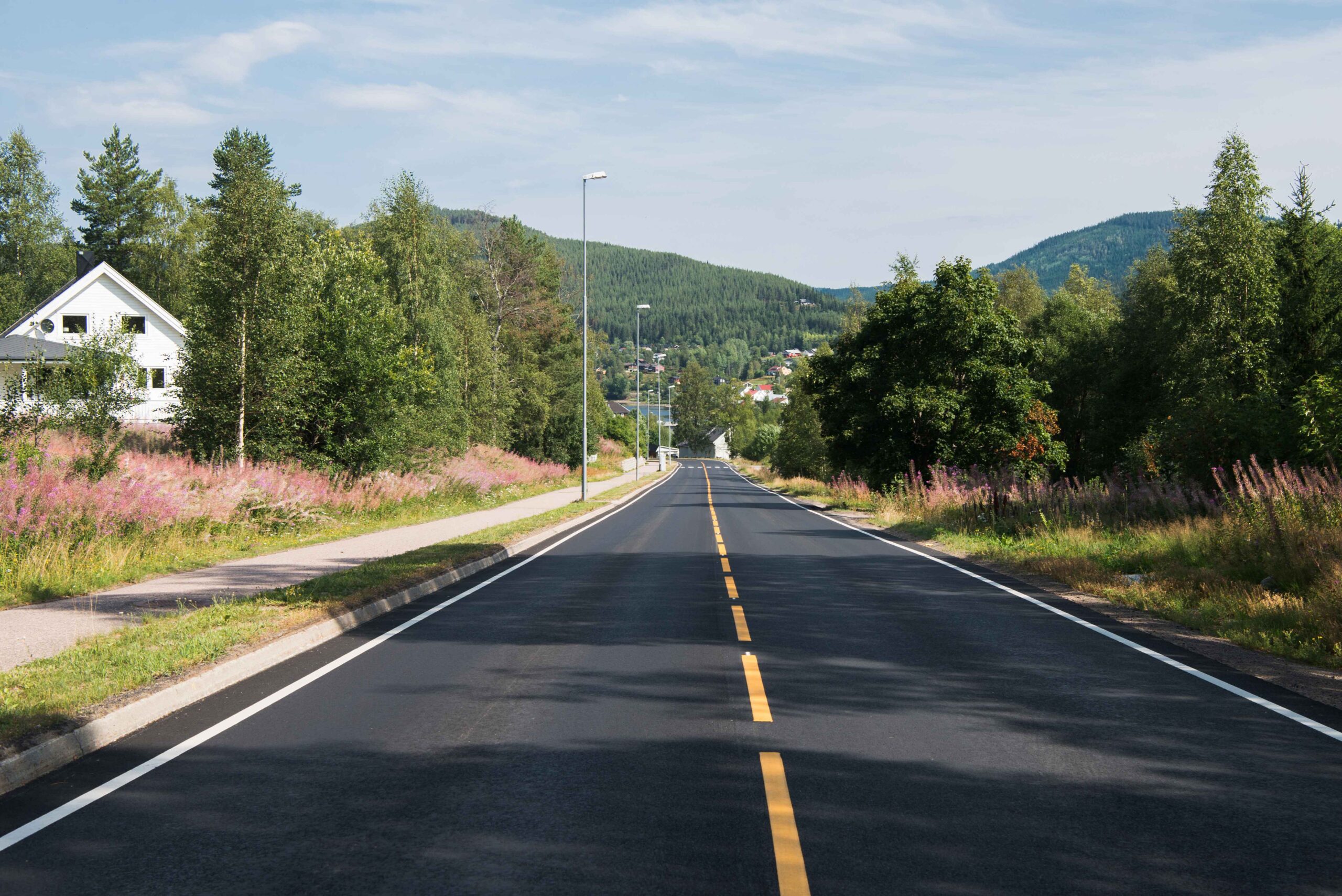

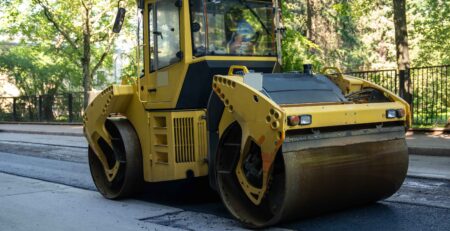
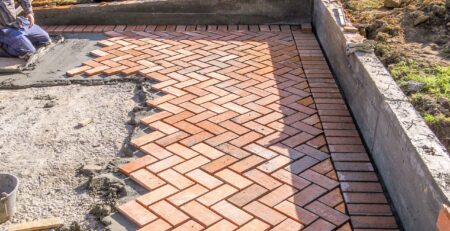
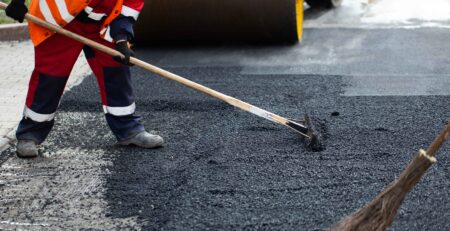

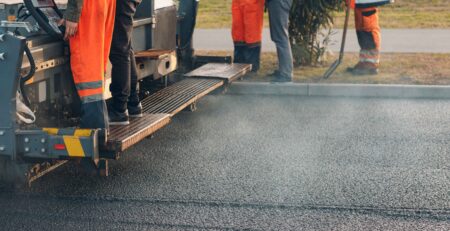
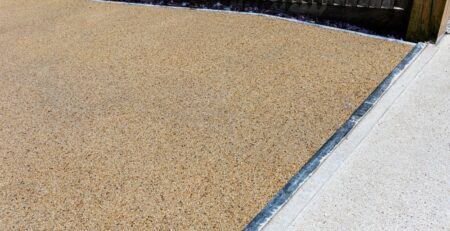
Leave a Reply